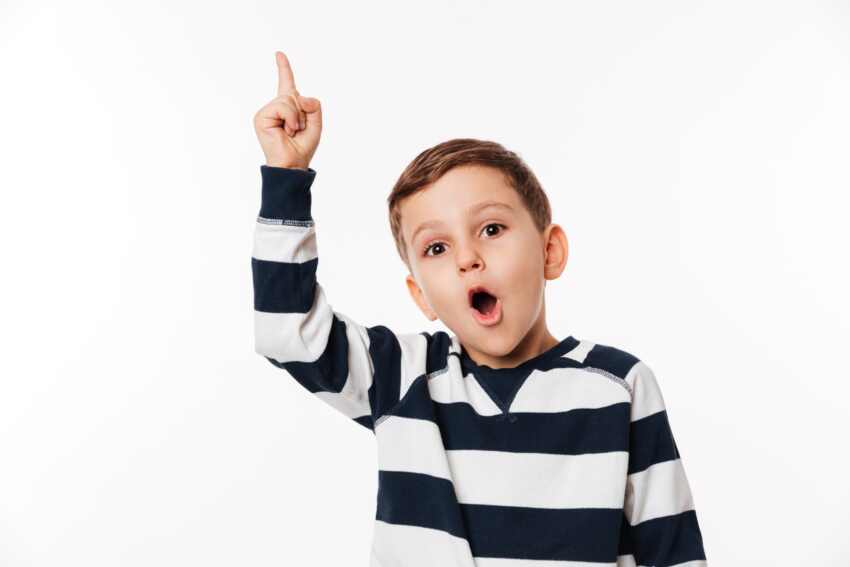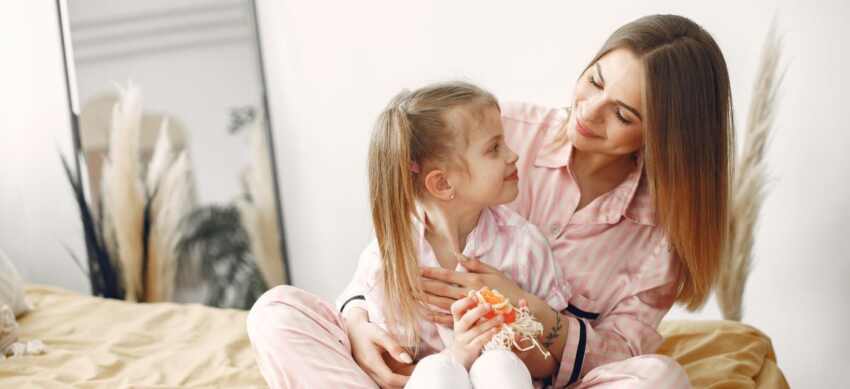The practice of meditation isn’t something new. People have been meditating for nearly 5000 years and it has proven to be an effective technique for adults to improve their overall health and well-being. There has been plenty of research conducted throughout the world to confirm that meditation has a range of benefits for adults. It helps lower stress and anxiety, reduces inflammation in the body and increases mental clarity to just name a few.
In recent years, researchers have shifted more of their attention towards the benefits meditation can have on kids and teens. Newer studies show that meditation can also be highly beneficial for children and the earlier they learn to incorporate it in their lives; the better it will be for them in the long run.
Meditation has the ability to alter children’s growing brains and bodies in positive ways, thus improving both their mental and physical health simultaneously.
What is mindfulness meditation?
Although meditation itself is an ancient practice, ‘mindfulness’ is a newer term that has gained traction in the past few decades.
Mindfulness meditation can be defined in many ways but the best way to describe it is as training your attention and awareness to achieve a mentally clear and emotionally calmer state of being.
It is one of the most popular meditation practices that begins with paying attention to breathing in order to focus on the present. It typically involves becoming aware of your breath, focusing on your thoughts and feelings and then accepting them without judgment. This acceptance allows you to acknowledge your thoughts and feelings without responding or reacting to them. Your aim is to just feel and let go.
Mindfulness meditation for children
Learning mindfulness meditation at an early age can give children a jump start to reaping its many benefits. It’s also easier to learn the practice as a young child because kids are generally more receptive to learning new skills and are already less judgmental, which gives them an edge to non-judgmental awareness.
Rather than focusing on what might happen or what has already happened, mindfulness meditation can train our children to respond more skillfully to whatever good or bad shows up in their present experience.
How mindfulness can help your kids
Mindfulness meditation usually involves a combination of breathing exercises, visualization, self-awareness and relaxation. Research shows that when children practice the technique regularly, it can provide a range of cognitive, emotional and social benefits.
Cognitive Benefits
Research shows that meditating regularly can help improve children’s cognitive skills, particularly the executive functions performed by the brain.
This means that your child will be able to concentrate better, pay more attention, remember details and organize themselves in a better way.
More research is being done on how it actually impacts a child’s brain but what we understand so far is that mindfulness meditation changes brain structures and activity in regions associated with focus and attention.
Emotional Benefits
Children often feel anxiety and stress due to many factors but they don’t always know how to manage their sometimes overwhelming emotions. These emotions can appear as anger, restlessness or even hyperactivity on the outside when it is in fact the child internally is seeking a calmer, more relaxed way to handle those big feelings.
Participating in mindfulness activities can really help children manage their stress levels and improve their overall sense of well-being.
Meditation in kids is a powerful tool to deter mental health issues such as:
- Depression
- Anxiety
- Stress
- Self-esteem issues
- Eating disorders
A study done on children who regularly practice meditation showed lower levels of the stress hormone, ‘cortisol’ than children who don’t meditate regularly.
Social Benefits
Meditation doesn’t just help children with managing emotions but also increases the child’s ability to feel compassion and empathy for others. They are generally calmer and more relaxed which helps increase their interaction with others and the world around them.
The skills they learn through mindfulness meditation such as self-awareness and self-regulation provide children a stronger sense of who they are, a better self-esteem and overall a happier state of mind.
5 Tips to Meditate with Your Kids
- Remember that meditation is a tool to reduce your child’s stress level. It should be done in a comfortable and relaxing way where your child is willingly ready to participate. It should not be used as a disciplinary measure but rather a tool for your child to increase their self-awareness.
- Offer to practice meditation with your kids. It’s great if your kids see you modeling meditation techniques right along with them. Take it as a time to bond with your child as you learn to relax together.
- Meditation should be done regularly and it really helps kids when practiced daily. When you set time to meditate with your kids, it will slowly become a way of life for them.
- Find a technique that you and your child find enjoyable. Initially, it could start off with short, fun activities to introduce them to concentration and attention and move to something more challenging.
- Most kids can benefit from centering activities that help them focus, quiet down and attend to their feelings. This can be done simply by asking them to rest their mind on an external object such as a tree or a glass to train their minds in maintaining attention.
Get started
Learning mindfulness meditation is quite straightforward to learn on your own but there are loads of teachers, resources and programs available to help guide you and your kids on your meditation journey.
A number of mindfulness-based interventions are now available online which studies show have a positive impact on the mental health of kids. It is essential to rely on authentic and proven guidance by meditation experts who are trained to work with children.
The Emotional Literacy and Mindfulness Academy is a great place to start where kids can learn about their emotional grid system, how to manage the BIG Emotions, learn to meditate and apply practical tools of application in the real world using proven techniques.
SHIJINA RIJESH



